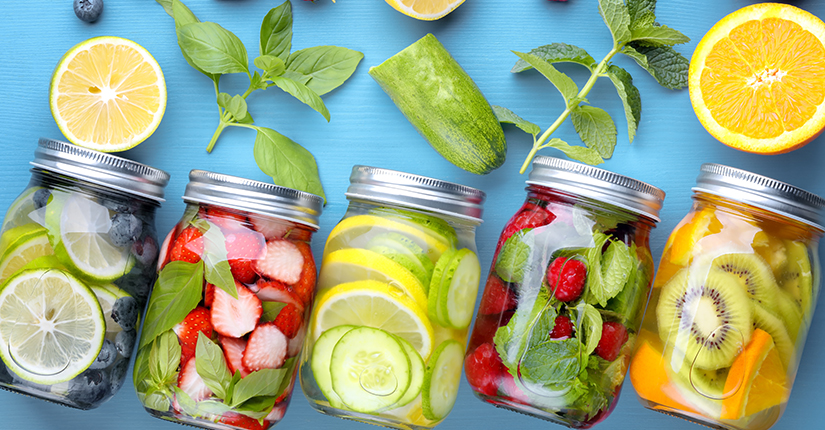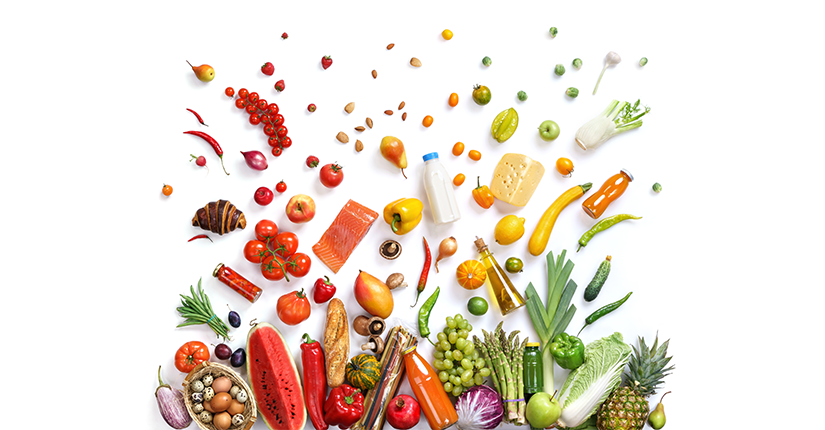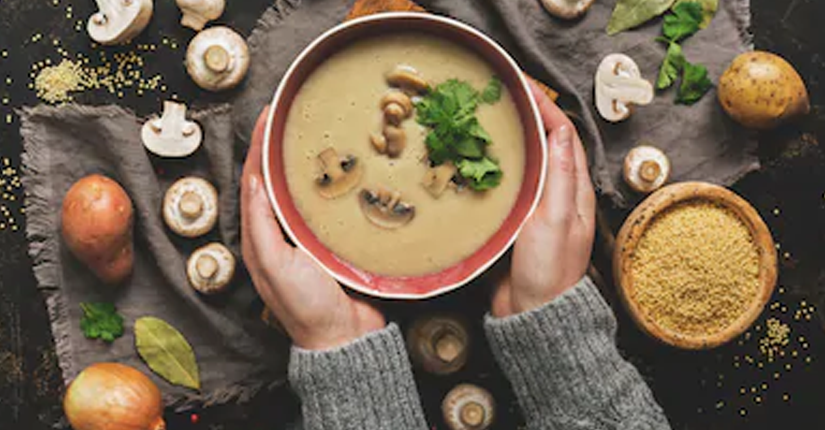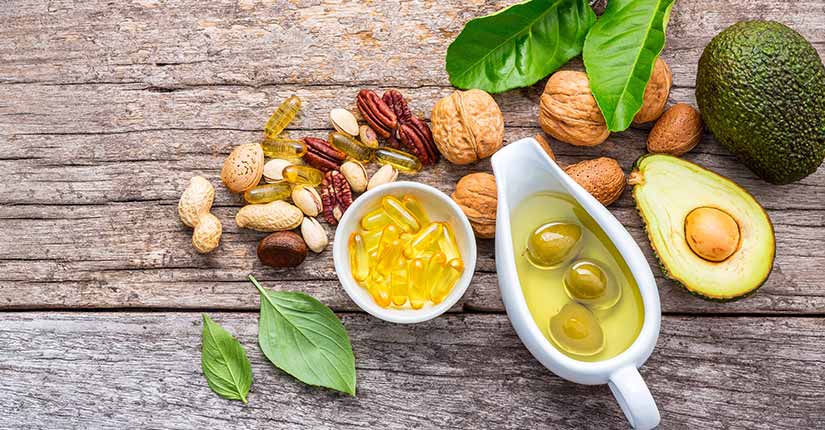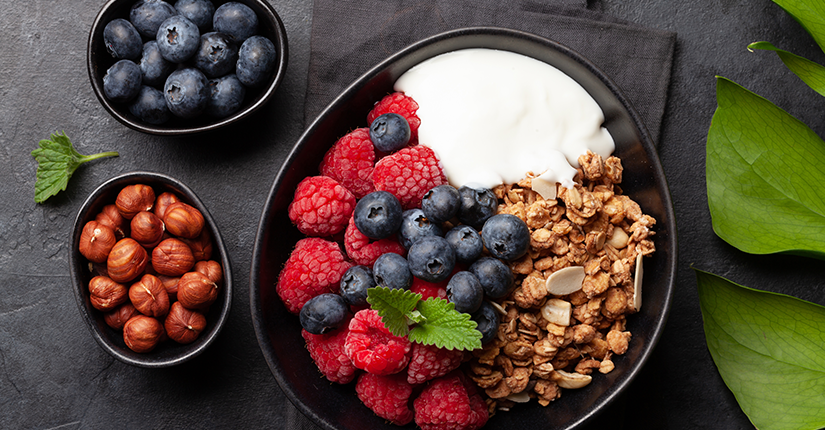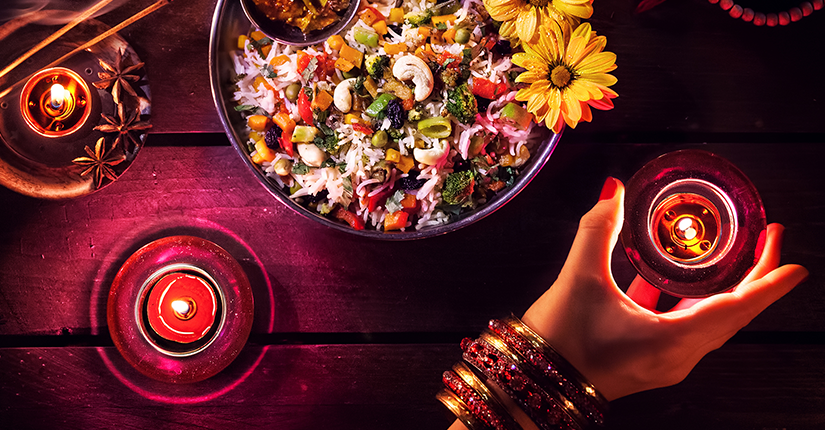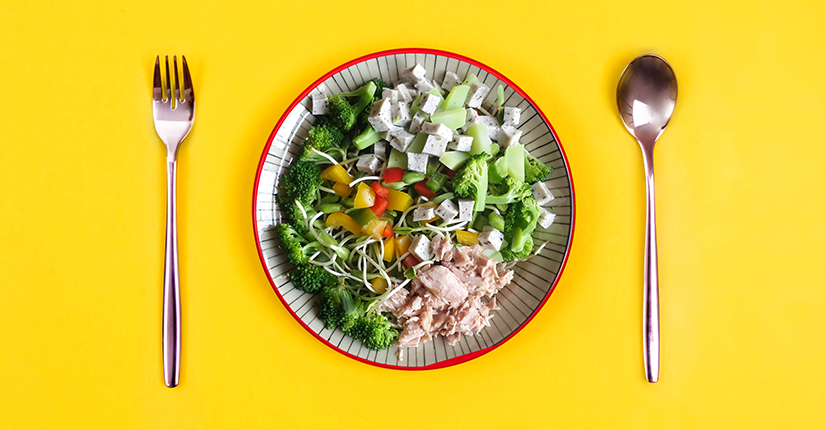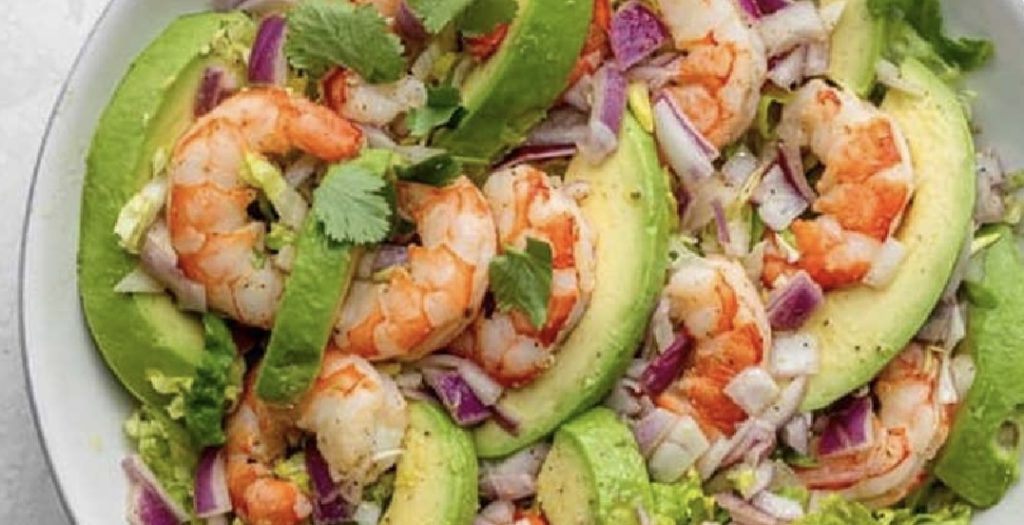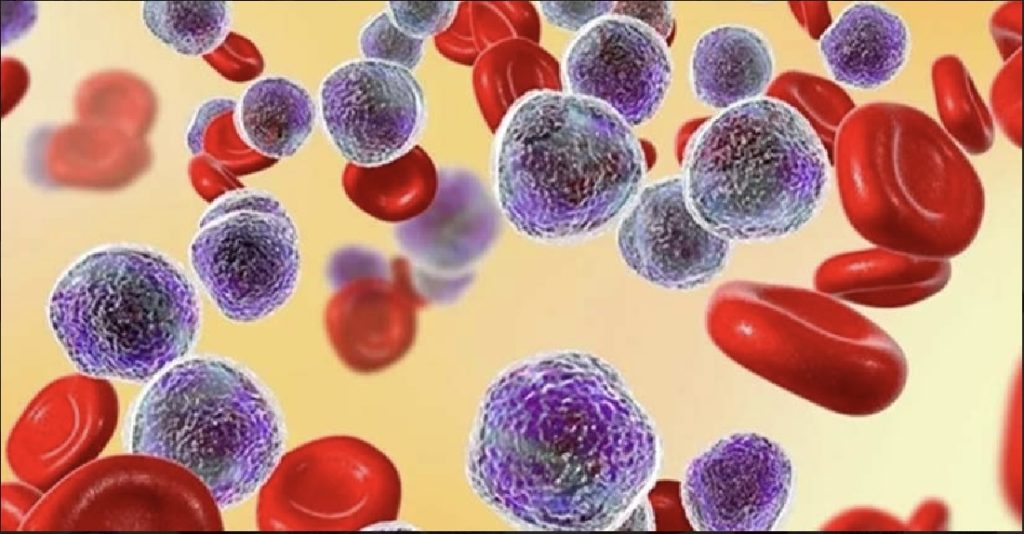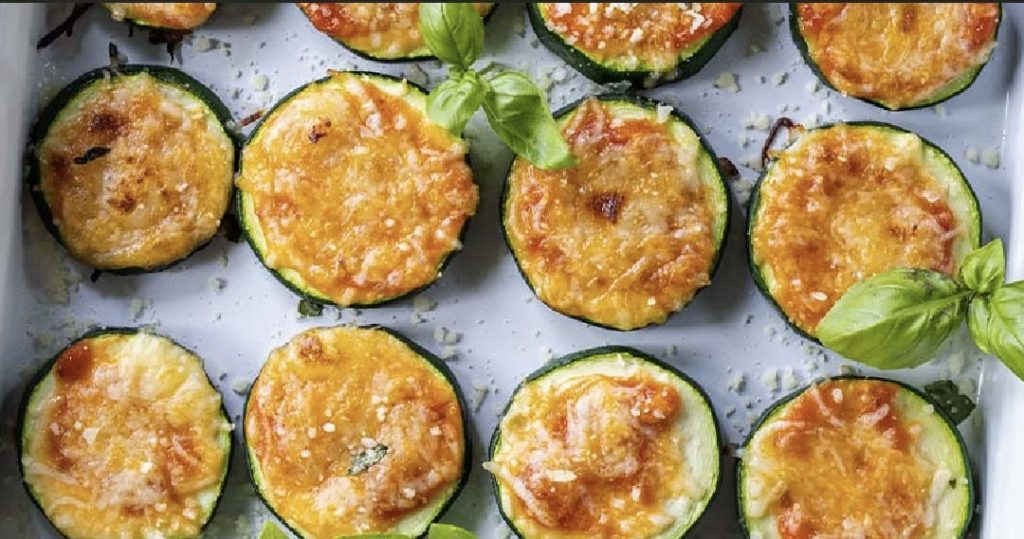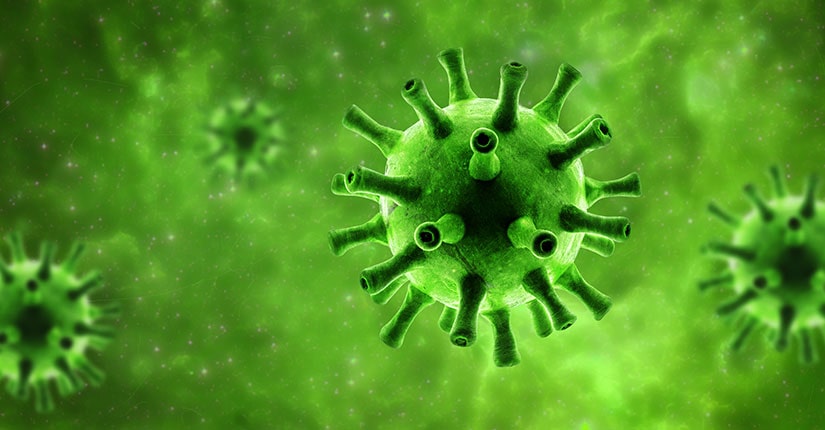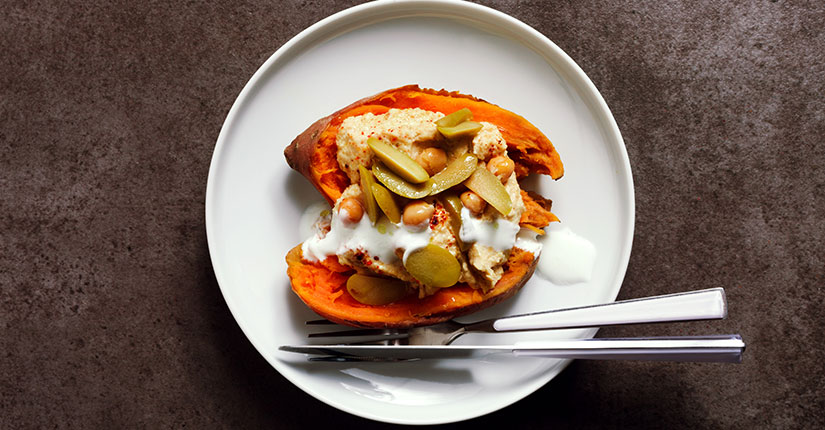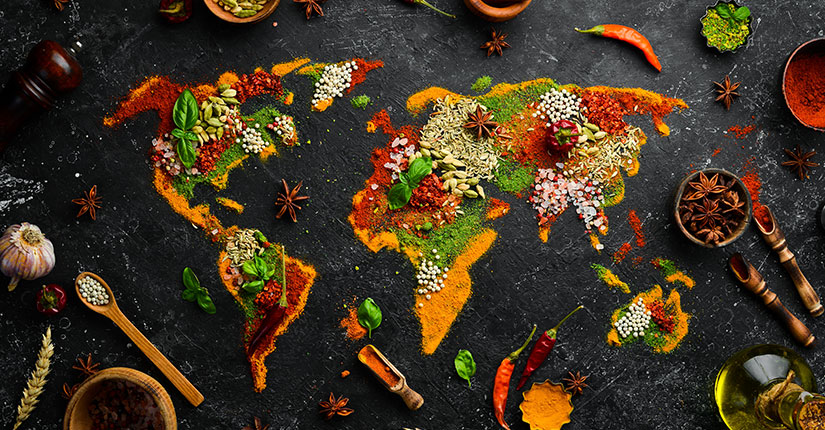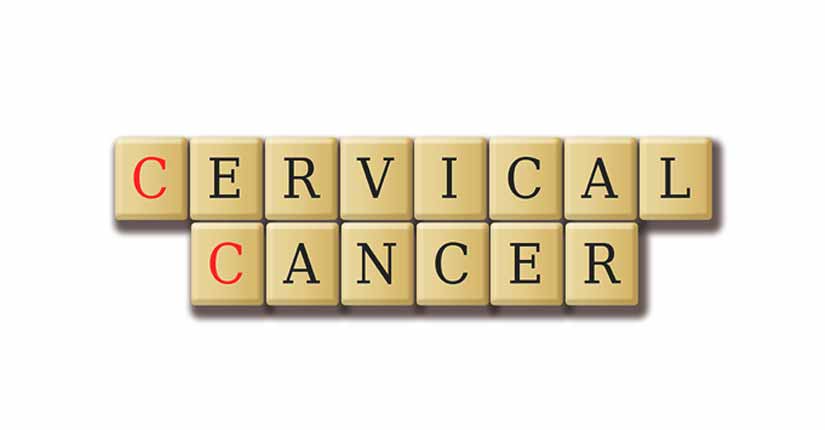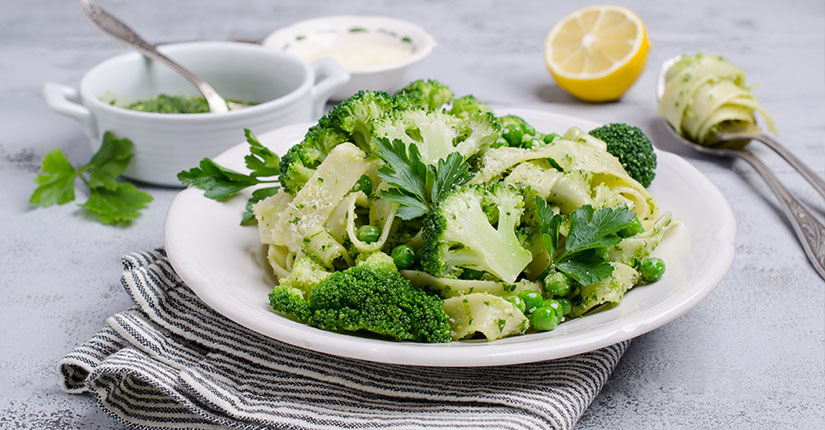Feeding Smart from the Start to Prevent Vision Problems
By Nmami Agarwal 07-Sep 2021 Reading Time: 5 Mins
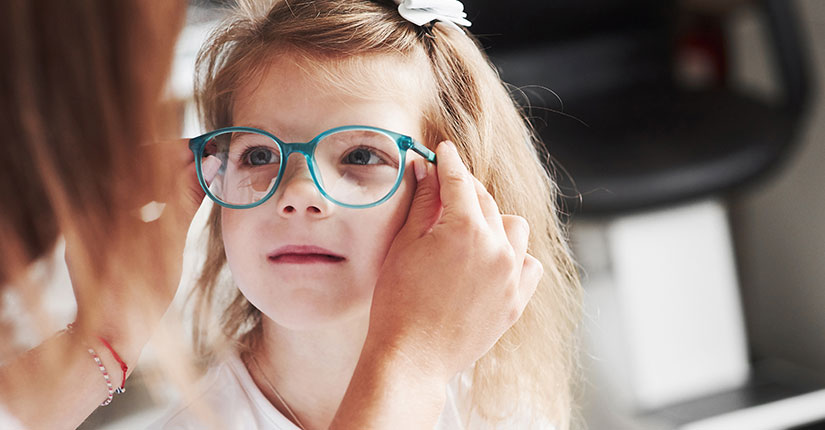
Don’t take your eyes for granted! Good eye health starts with the food on your plate. A healthy diet rich in essential vitamins and antioxidants right from the start can help to keep eyes healthy. The major nutrients like omega-3 fatty acids, lutein, zinc, and vitamins C and E might help ward off vision problems like macular degeneration and cataracts. Here is how you can feed your child smartly to keep vision issues at bay!
- Green leafy vegetables: Kale, spinach, and collard greens, for example, are rich in both vitamins C and E. They are also rich in carotenoids namely, lutein and zeaxanthin. These plant-based forms of vitamin A help to lower your risk of long-term eye diseases, including AMD and cataracts.
- Fish: Fish, specifically salmon are great for healthy eyes. Healthy fats are essential for the eyes and omega-3 fatty acids contribute to visual development and the health of the retina in the back of the eye. It also prevents dryness of the eyes.
- Sweet potatoes: They are high in beta-carotene, a form of vitamin A that helps with night vision, your eyes’ ability to adjust to the darkness. One sweet potato also has more than half the vitamin C you need in a day and a little vitamin E. Plus, they are low in calories and filled with a variety of nutrients that would be a perfect snacking option.
- Carrots: A great source of fibre and vitamin A, carrots are good for the retina. Vitamin A is vital for vision and a component protein known as rhodopsin helps the retina to absorb light. Carrots are popular to be healthy for eye health and beta carotene helps the surface of the eye and helps prevent eye infections.
- Lean meat and poultry: Zinc brings vitamin A from the liver to your retina, where it’s used to make the protective pigment called melanin. Oysters have more zinc per serving than any other food, but Beef, pork, and chicken are all good sources too.
- Beans and legumes: Black-eyed beans, kidney beans, lentils are good sources of bioflavonoid and zinc. It lowers the risk of developing macular degeneration and cataracts and protects the retina. Legumes like chickpea will not only give necessary protein but also give the right care to your eye as well.
- Eggs: It’s a great package deal! The zinc in an egg will help your body use the lutein and zeaxanthin from its yolk and also provide vitamin A. These compounds block harmful blue light from damaging your retina and help boost the amount of protective pigment in the macula, the part of your eye that controls central vision.
- Nuts and seeds: Loaded with omega-3 fatty acids, nuts contain a high level of Vitamin E which protects the eye from age-related damage. Nuts and seeds include almonds, sunflower seeds, hazelnuts, and peanuts. Soaked almonds are full of calcium and other nutrients like vitamin E good for eye health.
- Milk: Milk is famous for its calcium, magnesium, and vitamin D content but it also provides vitamin A. One glass of milk can provide about 395 IU of Vitamin A and a plethora of health benefits like strong bones and growth and development.
Over to you:
Do you know what you eat and drink has a lasting impact on your eye health? Yes! So, always ensure that your child consumes a hale and hearty diet rich in various nutrients like vitamin A, zinc, vitamin C, vitamin E, and lutein to promote healthy vision.

